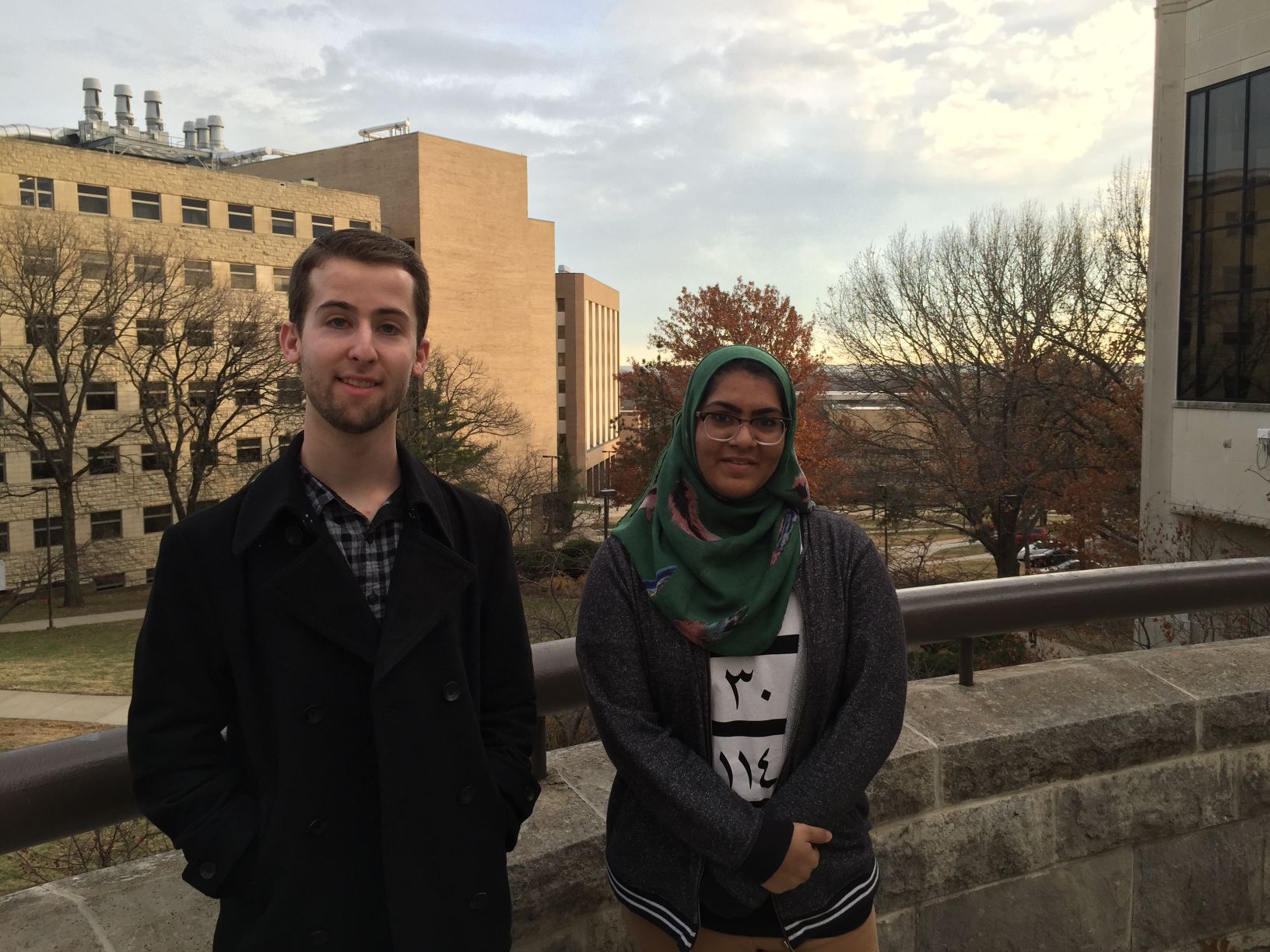

Professor of African-American Studies, Georgia State University Professor, Gallatin School, New York UniversityĪssociate Professor of History, Lehman CollegeĪssociate Professor in Media, Culture, and Communication, and Middle East and Islamic Studies, New York Universityĭistinguished Professor of Political Science, Brooklyn College Professor of Social and Cultural Analysis, New York UniversityĪssociate Professor of American Studies and History, Indiana University, Bloomington Professor of Media and Cultural Studies, University of California, Riversideįoundation Professor of American Studies, University of Kansas Graduate Center, City University of New York Professor of Media, Culture, and Communication, New York UniversityĪssociate Professor of Social and Cultural Analysis, New York University Visiting Assistant Professor of Media, Culture, and Communication, New York UniversityĪssistant Professor of American Studies, Dickinson College Professor of History, Geneseo State University of New YorkĪmerican Democracy Fellow, Harvard UniversityĪssociate Professor Of English, New York UniversityĪssociate Professor of American Studies, Religious Studies, Ethnicity, Race & Migration, Yale UniversityĪssistant Professor of American Studies, Barnard CollegeĪssociate Professor of Media Studies and Middle Eastern Studies, Rutgers University Term Assistant Professor of American Studies, Barnard CollegeĪssociate Professor in Media, Culture, and Communication, New York University We will make the reasons for our consternation known to our own elected representatives and the public at large.Ĭlinical Assistant Professor of Media, Culture, and Communication, New York UniversityĪssociate Professor of Sociology, New York UniversityĪssistant Professor of Religious Studies, Georgia State UniversityĪssociate Professor of Comparative Ethnic Studies, University of Washington BothellĪssociate Professor of Law, University of Detroit MercyĪssociate Professor of African and African Diaspora Studies, University of Texas at Austin

We thus declare our opposition to the restrictions placed upon Al-Amin and call on the Georgia Department of Corrections and Federal Bureau of Prisons to allow scholarly and media interviews and communication with Al-Amin. In-person interviews with him in prison are essential for this purpose because he is seventy-four years old and is serving a life sentence without parole.


His story ought to be documented for posterity. However, we do not believe there is any reasonable basis upon which to deny him direct access to scholars and journalists. We understand that Al-Amin has been convicted of an extremely serious charge. In these ways, Al-Amin is prevented from any form of practical communication with scholars who wish to document this history. Their decision is, in part, based on the Georgia Department of Corrections’ view that Al-Amin is ineligible for interviews "due to the potential security risks.” Letters to and from Al-Amin are usually held by the government for months before they are released. Throughout the last decade, all requests for interviews by scholars and journalists have been denied by the Federal Bureau of Prisons. He has been held in federal custody, on behalf of the Georgia Department of Corrections, since 2007. He is currently an inmate at the federal prison at Tuscon, Arizona. As a civil rights leader, he met with President Johnson, spoke across the country, and appeared regularly in television interviews. Rap Brown).ĭuring the 1960s, Al-Amin was a national leader of the civil rights movement and was chair of the Student Non-Violent Coordinating Committee, one of the era’s key organizations. We are therefore dismayed to learn of the current restrictions placed upon one such prominent participant, Jamil Abdullah Al-Amin (formerly known as H. The acquisition of historical knowledge is strengthened considerably by having living participants in those histories recount their experiences. We strongly believe that deepening knowledge of our nation’s past is essential to informing progress in American politics and race relations today. We are academics who have spent our careers researching the history of the civil rights movement, issues of racial discrimination in the United States, civil rights law, and the representation of minorities in the public sphere.


 0 kommentar(er)
0 kommentar(er)
